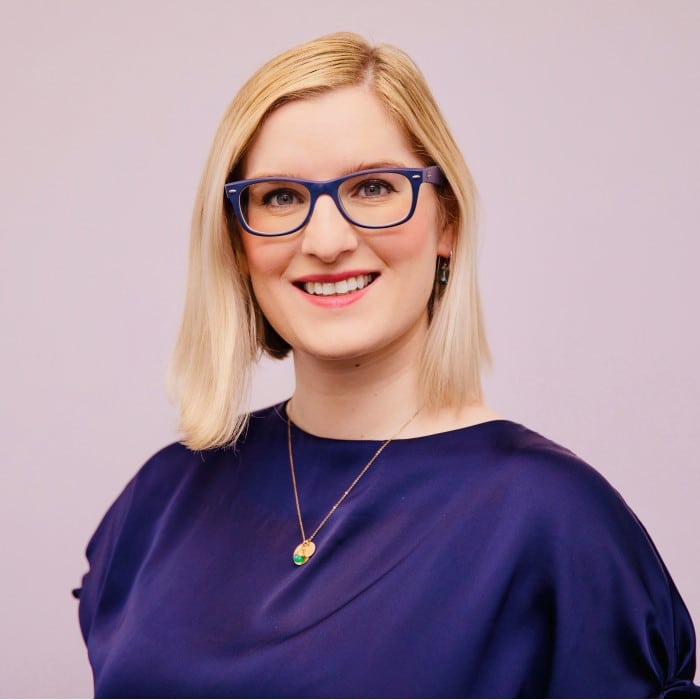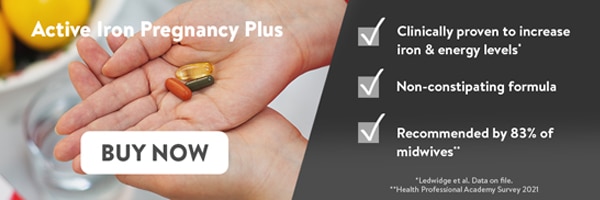Postpartum/Postnatal Vitamins.

We all hear a lot about the right nutrition, vitamins and minerals to get in our diet or take in a supplement before and during pregnancy. You can read more about those here (insert links to other articles). However, just as important is the ‘4th trimester’ – the 3 month stretch of time after you give birth, which is also referred to as being postpartum or the postnatal period.
During this time as you adjust to life as a new parent, your body is recovering from pregnancy and birth, whether you’ve had a vaginal delivery or a caesarean section.
There are specific needs to enable your body systems have the right tools i.e. nutrition to heal, to make breastmilk (if you are breastfeeding) and also to provide you with the stamina to endure the arguably arduous nature of life with less sleep and a very needy new flatmate – your little human.
In this guide I will discuss:
- The importance of postpartum vitamins
- Which postpartum vitamins are most important
- How the type of birth can impact recovery
- Vitamin and mineral Supplements to support breastfeeding
- The importance of taking care of YOU postnatally
Are postnatal vitamins important?
Even in the most ideal of pregnancies’, growing a human being takes its toll on your body. The female body spends the best part of 10 months adapting, growing and changing to accommodate the guest (your baby!).
The birth, and the type of birth you have and the fact that it takes many months for your body to get to its new normal, means it is essential that you are getting the right fuel for all of these processes.
It is normal to have lost some blood during labour and birth and then on top of this sleep will be at best sporadic and greatly limited.
It is also really difficult when you are dealing with a new baby, to also cook well balanced nutritious meals that are going to contain all the necessary micronutrients that you need.
A great way to ensure you have all the right vitamins and mineral, in addition to a balanced diet, ist to take a supplement. This means you get all you need and it’s one less thing to stress about.
The best vitamins and minerals to take postpartum/postnatally
Taking a complete supplement such as Active Iron Pregnancy Plus, which contains everything you need is ideal.
But any supplement you take should have all of these important components. If you have any queries or questions a great resource is to speak with your pharmacist, midwife or GP. As well as those listed below, other important constituents of a good postnatal supplement should also include calcium, Zinc, Vitamin E and B group vitamins.
Iron
Iron is a vital micronutrient which amongst other processes is vital for producing healthy red blood cells which carry oxygen around the body.
It is important for the immune system to function normally and is particularly important for postnatal health and wound healing.
Whether you have given birth vaginally or abdominally (via C-section) it is expected that there will be some level of blood loss.
Without a supplement it can take up to 18 months to regain pre-pregnancy iron levels, so taking a good quality Iron supplement is a great idea.
Having enough Iron and Iron stores and avoiding having inadequate iron is also linked with avoiding fatigue and low mood – both incredibly important in the 4th trimester.
Folic Acid/ Folate
Although we are most familiar with the importance of Folic acid in relation to taking it pre-conceptively and during pregnancy to reduce the risk of neural tubal defects in baby’s it also has important functions in postnatal recovery.
Folic acid is also important in the production of healthy blood cells (alongside iIron), something that we know aids healing in the postpartum period.
Vitamin D
Known as the sunshine vitamin. Vitamin D supports the bones, immune system, brain, and nervous system and reduces risk of postnatal anxiety and depression. The best dietary sources of Vitamin D are fatty fish like salmon and tuna, liver, fortified dairy and orange juice, and egg yolks.
Due to us not having a lot of access to enough annual sunlight in the northern part of Europe, all adults should take a supplement.
Postnatally it is essential. It does not pass through breast milk so babies should also be given a Vitamin D supplement for at least the first 2 years of life.
Omega 3 DHA
OMEGA 3 DHA antenatally support brain and eye development but it is just as important after baby arrives for the mother.
Good sources in the diet include oily fish. A common complaint postnatally is ‘baby brain’ or brain fog and we know that this amazing component helps to combat this postpartum.
Omega 3 also passes through breast milk so taking enough of it supports both mother and babies cognitive function and helps ensure babies meet their milestones.
Postpartum Vitamins: FAQ
How long can I take prenatal vitamins postpartum?
Physically the biggest adjustments occur in the first 3 months and it’s a really good rule of thumb to plan to continue to take a supplement for at least this time, also known as the 4th trimester.
However if you are breastfeeding or finding eating a totally balanced diet challenging or are in any at risk groups (eg multiple birth, any diet restriction, history of inadequate iron or other low vitamins or minerals) you might consider taking a supplement for as long as you need to.
Can I take multivitamins like Active Iron while breastfeeding?
Yes, absolutely. Although having a very well balanced site is the best way to support your breastfeeding journey, taking a good quality supplement, like Active Iron Pregnancy Plus means that you are getting all of the right vitamins and minerals postnatally and many pass through to the baby via breast milk so you are also ensuring your baby gets enough of all of the right factors to help them stay healthy and well.
What supplements should I avoid while breastfeeding?
Any supplement you take should l state that it is safe take while breastfeeding. If you are unsure speak with your pharmacist, midwife or doctor.
Postpartum vitamins: Conclusion- don’t forget how important YOU are?
When a baby arrives your focus shifts to their every want and need.
It is very common that parents and particularly mothers and people who have given birth may neglect their own health and well-being. BUT for a heathy baby we need to look after ourselves first.
Whether you are breastfeeding or not, getting enough of the right vitamins and minerals supports yourself and your body to recover and heal and lessens the chance of running into issues.
Although everyone with a new baby will suffer from sleep deprivation, having enough Iron, folic acid, vitamins and minerals in the 4th trimester can help you avoid major fatigue, low mood, reduce your risk of postnatal/postpartum depression and allow time to get back to your new normal.
It can be really hard to get all of this in diet alone, taking a great quality supplement can help you have one less thing to worry about.
YOU are just as important as your baby and being well means your early parenting journey will be easier.
Further reading:
- Harding, K.B., Peña‐Rosas, J.P., Webster, A.C., Yap, C.M., Payne, B.A., Ota, E. and De‐Regil, L.M., 2017. Iodine supplementation for women during the preconception, pregnancy and postpartum period. Cochrane Database of Systematic Reviews, (3).
- Roth, D.E., Morris, S.K., Zlotkin, S., Gernand, A.D., Ahmed, T., Shanta, S.S., Papp, E., Korsiak, J., Shi, J., Islam, M.M. and Jahan, I., 2018. Vitamin D supplementation in pregnancy and lactation and infant growth. New England Journal of Medicine, 379(6), pp.535-546.
- Sheikh, M., Hantoushzadeh, S., Shariat, M., Farahani, Z. and Ebrahiminasab, O., 2017. The efficacy of early iron supplementation on postpartum depression, a randomized double-blind placebo-controlled trial. European journal of nutrition, 56(2), pp.901-908.
- https://www.nhs.uk/conditions/baby/breastfeeding-and-bottle-feeding/breastfeeding-and-lifestyle/diet/
- https://www.independentnurse.co.uk/clinical-article/vitamin-supplementation-and-nutrition-during-pregnancy-andbreastfeeding/109316/


